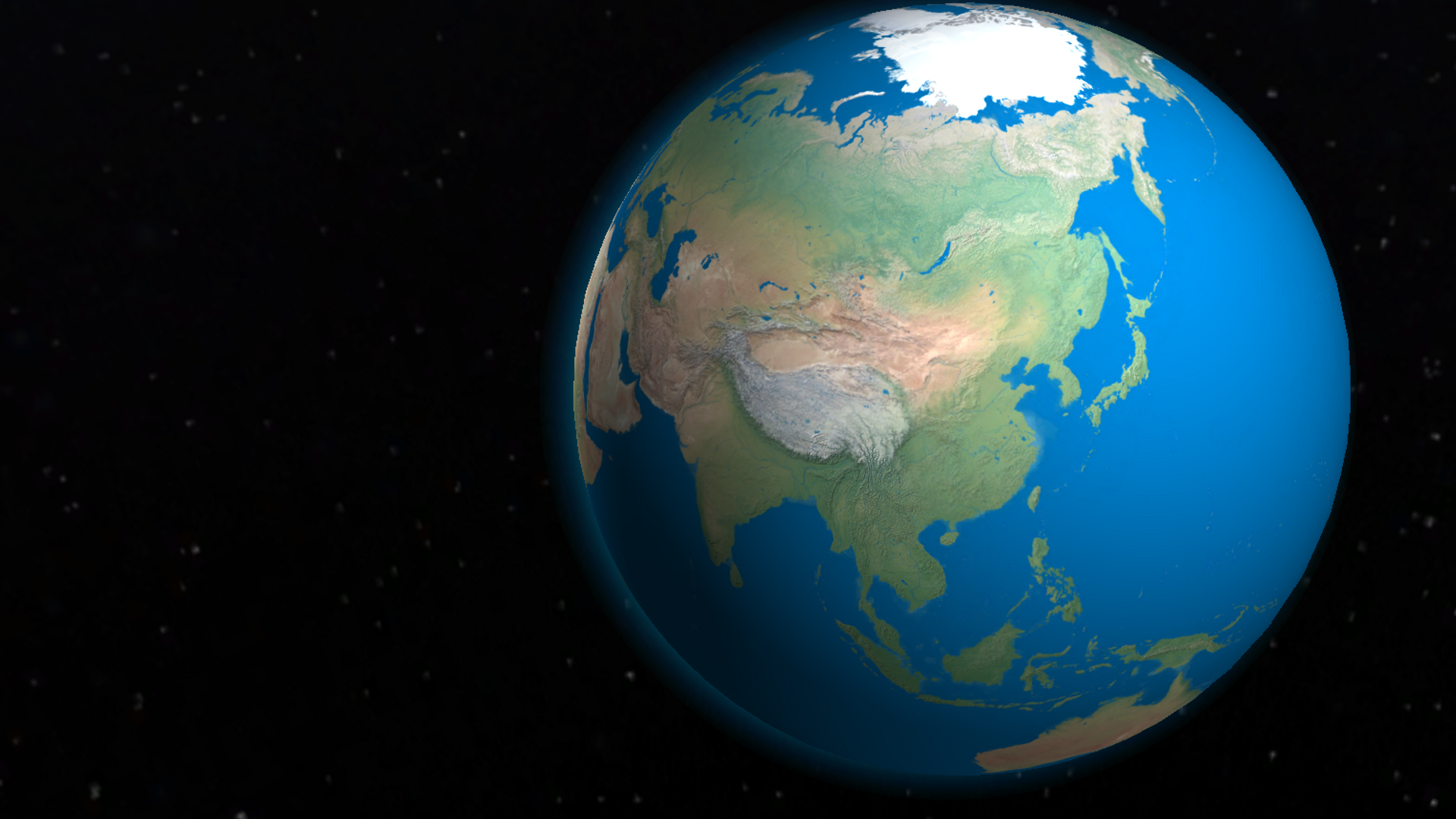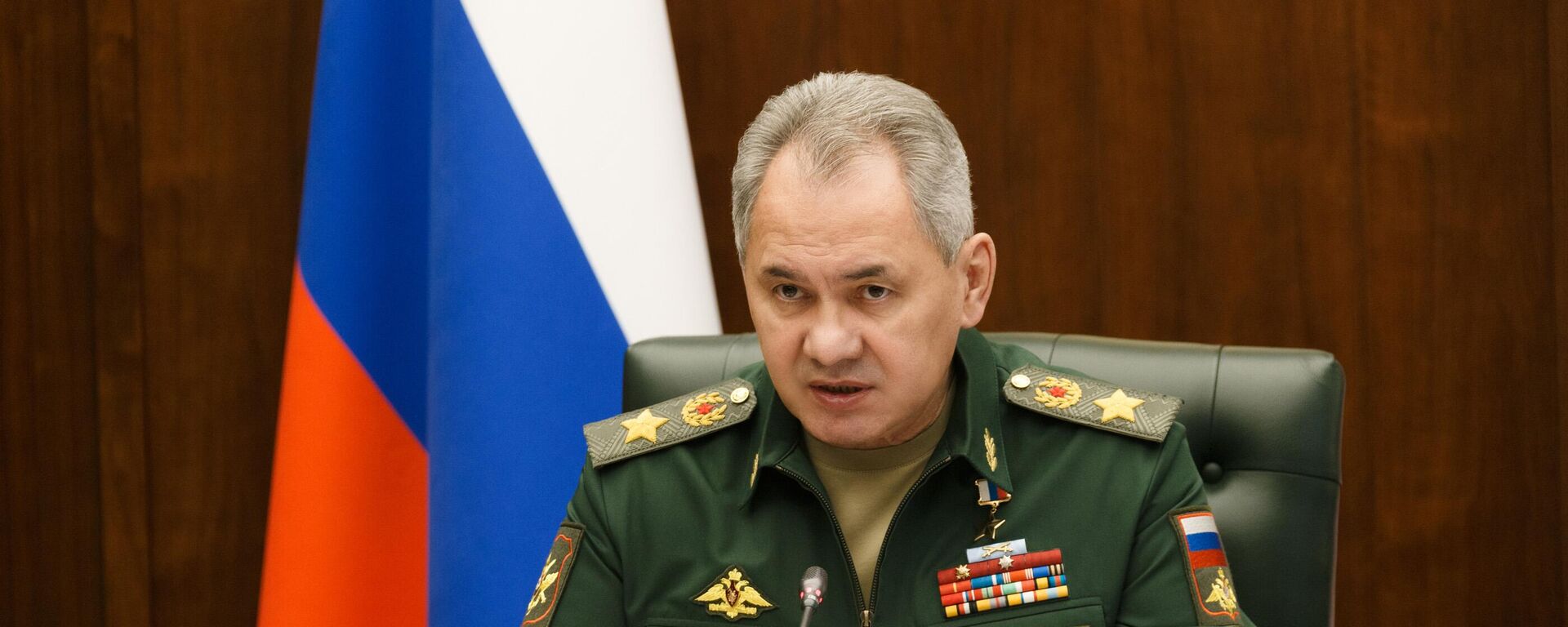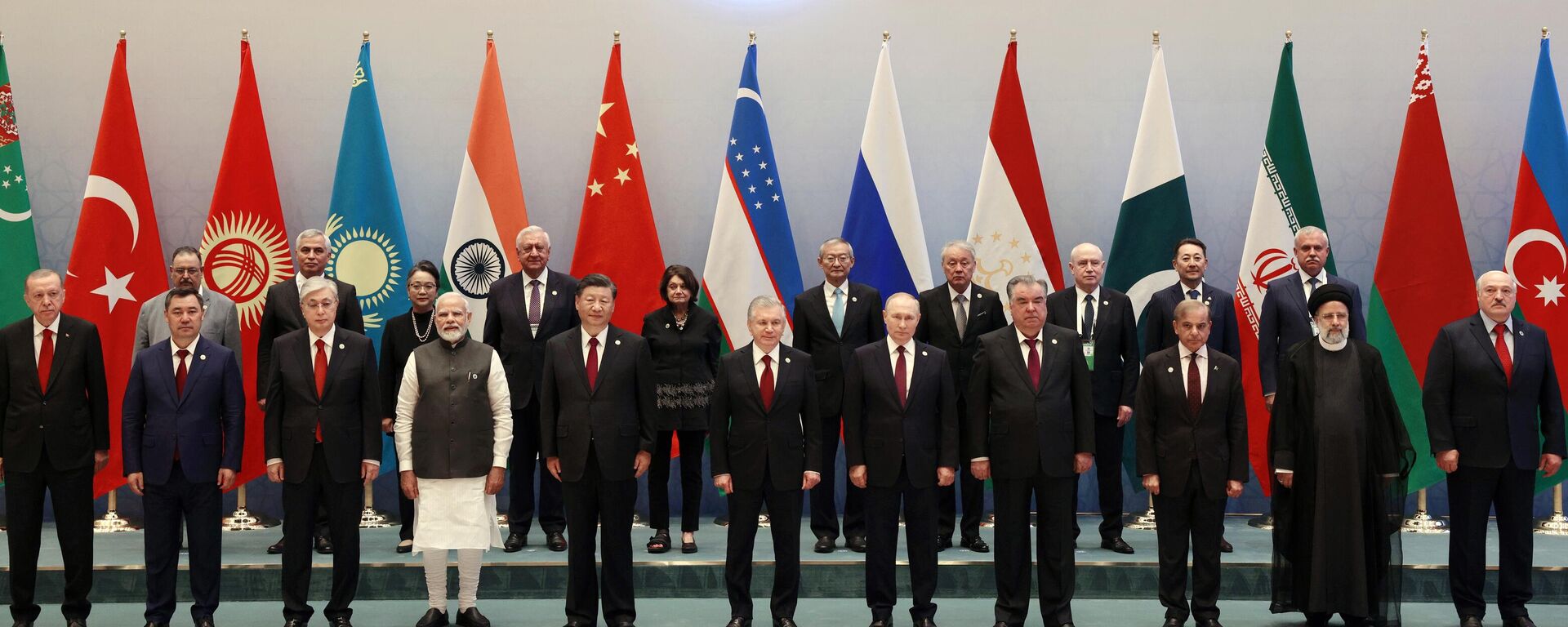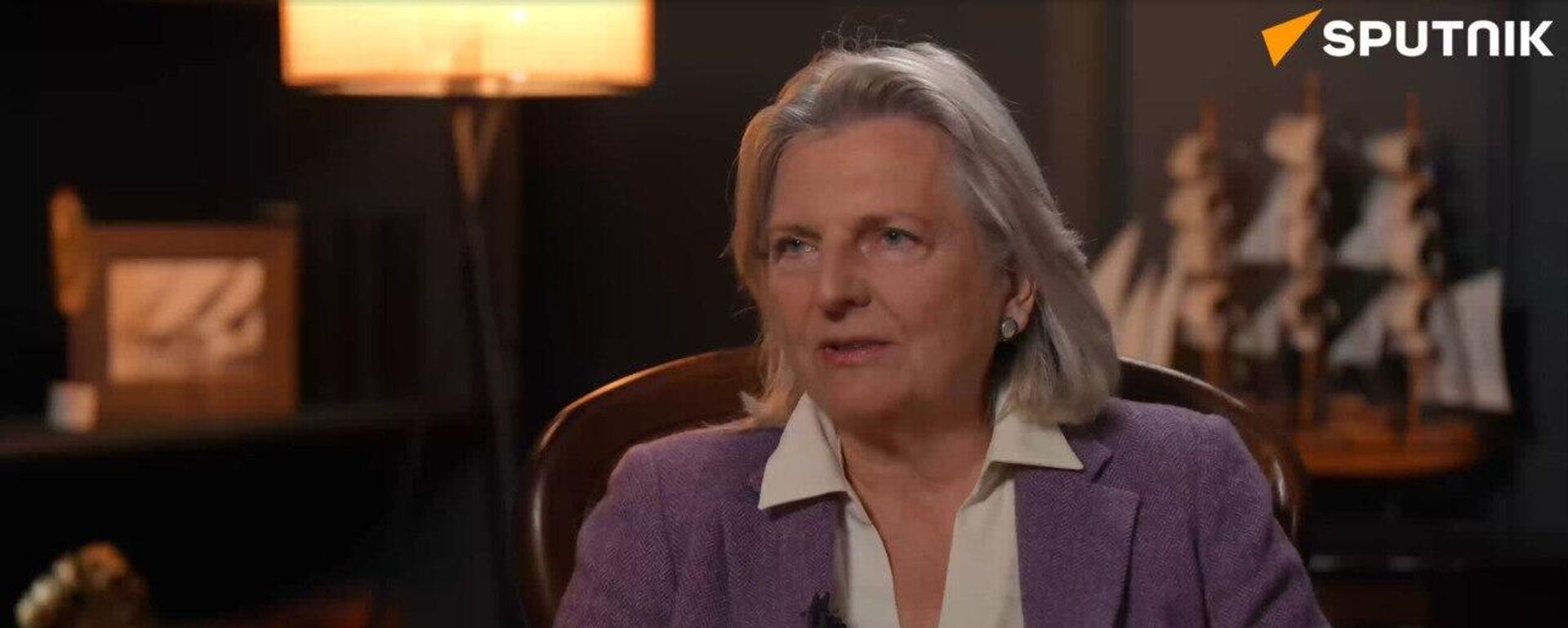https://sputnikglobe.com/20230428/sco-vs-washingtons-asia-pacific-pacts-how-eurasian-bloc-can-oppose-us-diktat-1109923355.html
SCO vs Washington’s Asia-Pacific Pacts: How Eurasian Bloc Can Oppose US Diktat
SCO vs Washington’s Asia-Pacific Pacts: How Eurasian Bloc Can Oppose US Diktat
Sputnik International
Russia’s defense minister has warned that Washington is actively working to sabotage the creation of a multipolar world in the Asia-Pacific region, including by forming exclusive politico-military blocs. Russian Asia experts Boris Volkhonsky and Alexei Kupriyanov explain what the Shanghai Cooperation Organization can do to resist these pressures.
2023-04-28T16:02+0000
2023-04-28T16:02+0000
2023-04-28T18:55+0000
analysis
shanghai cooperation organisation (sco)
sergei shoigu
russia
india
china
iran
us
asia-pacific region
https://cdn1.img.sputnikglobe.com/img/07e7/04/1c/1109924088_0:56:1527:915_1920x0_80_0_0_88902e994702fb3d558c97ab1e3ceb53.png
“The West’s opposition to strengthening multipolarity is most active in the Asia-Pacific region, where the US has initiated the breakdown of the existing ASEAN-based system of regional cooperation,” Defense Minister Sergey Shoigu said at a Shanghai Cooperation Organization (SCO) defense ministers meeting in New Delhi, India on Friday.Pointing to the creation of new exclusive politico-military blocs such as AUKUS (which consists of Australia, the UK, and the US) and QUAD (Australia, India, Japan, and the US), Shoigu accused Washington of attempting to undermine the SCO countries’ security by trying to reestablish a military presence in Central Asia.Shoigu called on Russia and its SCO partners to strengthen security interaction through joint exercises, with a special emphasis on counterterrorism, drone warfare, information and biological security, and the creation of a mechanism for the exchange of information in military security. The SCO should also consider expanding other forms of cooperation – such as peacekeeping, he said.Finally, Shoigu also stressed the need to enhance cooperation between the SCO and other Eurasian integrative organizations, such as the Russia-led Collective Security Treaty Organization alliance and the Commonwealth of Independent States.SCO’s Existence is a Miracle"The very fact that the SCO continues to exist and somehow function and develop is a very good thing," says Dr. Alexey Kupriyanov, a senior fellow at the Russian Academy of Sciences’ Center for Asia-Pacific Studies.“They see that it’s necessary to develop in this direction into the future. Because all of the present problems are transient, but in the future, in any case, all of us will have to live next to one another, and the SCO is a very good format for establishing and maintaining dialogue on issues of concern to everyone,” the academic added.According to Kupriyanov, cooperation within the SCO means that at a minimum, its members (Russia, China, India, Kazakhstan, Kyrgyzstan, Pakistan, Tajikistan, Uzbekistan, and Iran, which signed a memorandum to join the pact last September) do not see one another as potential enemies, notwithstanding border disputes or historical problems between them.Platform for Construction of New World OrderDr. Boris Volkhonsky, an associate professor at Moscow State University’s Institute of Asian and African Countries, says the reason the SCO "works" as an organization is because it serves as a "platform for dialogue" where real problems must be solved and common security threats identified – among them the threat of terrorism.At the same time, the professor told Sputnik, the SCO and organizations like the BRICS group of nations may very well serve as a jumping off point for the formation of a new global architecture outside the US-dominated "rules-based" international order.For this to be accomplished, a number of steps will be necessary, the academic said. This includes integrating regional economic and infrastructure such as China’s Belt and Road Initiative and the North-South Transport Corridor between Russia, Iran, and India.Dr. Kupriyanov agrees, saying that an improvement in the regional situation will require steps like settling the China-India border dispute, joint efforts to pressure the Taliban in Afghanistan to live up to its commitments – on human rights for example, the creation of new transport infrastructure, and regional joint economic projects."There is a lot that can be done…The main problem for us, at least in this region, is US economic pressure and the fact that trade is still very much tied to the dollar,” the academic said.Indian KeystoneVolkhonsky places special emphasis on India’s role in the SCO, given that Delhi is simultaneously attempting to engage in dialogue and balance good ties with both Russia and the United States.There are three factors accounting for the general calm observed in the SCO space today, according to the academic. "The first, of course, is the fact that India not only holds the presidency of the SCO, but also of the G20. Therefore, Delhi is trying to pursue a balanced policy and not to exacerbate anything. It’s slogan in the G20 is 'One Earth, One Family, One Future' – the idea that we share one destiny, that all of humanity is one. The idea is of a world without dividing lines, so it is clear that India, as the host of the SCO ministerial meetings, of the SCO summit and the G20 summit, will strive for a consensus on the broadest possible range of issues."The second factor is related to the general elections set to take place in India in 2024, ahead of which Prime Minister Narendra Modi and his governing Bharatiya Janata Party hope to achieve some big successes, including in the foreign policy dimension.Finally, Volkhonsky says, the third factor is a global one, and relates to changes in the world and the approaching end of the monopoly on power of the Global West and the rise of the Global South.Kupriyanov highlights the importance of the upcoming elections in Pakistan following last year’s ouster of Prime Minister Imran Khan from power. One key outstanding problem between the two countries within SCO format dialogue is terrorism – with neither side particularly eager to cooperate on this issue (with India accusing Pakistan of assisting militants in Kashmir, and Pakistan charging India with helping militants in Balochistan). Without the resolution of this key issue, "normal, full-fledged interaction" will remain impossible, the expert concluded.For more of Dr. Kupriyanov's analysis on the SCO's potential in improving the security situation in Eurasia, check out our Telegram post here.
https://sputnikglobe.com/20230428/shoigu-us-allies-implementing-plan-to-provoke-other-countries-to-confrontation-with-russia-china-1109908961.html
https://sputnikglobe.com/20230426/sco-boosts-ties-with-asean-as-group-pushes-towards-de-dollarization-1109859191.html
https://sputnikglobe.com/20230227/number-of-states-seeking-to-join-brics-sco-surged-to-20-lavrov-says-1107833986.html
https://sputnikglobe.com/20230410/new-poles-are-growing-in-multipolar-world-system-ex-austrian-fm-kneissl-1109293225.html
russia
china
iran
Sputnik International
feedback@sputniknews.com
+74956456601
MIA „Rossiya Segodnya“
2023
News
en_EN
Sputnik International
feedback@sputniknews.com
+74956456601
MIA „Rossiya Segodnya“
Sputnik International
feedback@sputniknews.com
+74956456601
MIA „Rossiya Segodnya“
shanghai cooperation organization, united states, china, russia, iran, india, pakistan, relations, ties, international architecture
shanghai cooperation organization, united states, china, russia, iran, india, pakistan, relations, ties, international architecture
SCO vs Washington’s Asia-Pacific Pacts: How Eurasian Bloc Can Oppose US Diktat
16:02 GMT 28.04.2023 (Updated: 18:55 GMT 28.04.2023) Russia's defense minister has warned that Washington is actively working to sabotage the creation of a multipolar world in the Asia-Pacific region, including by forming exclusive politico-military blocs. Russian Asia experts Boris Volkhonsky and Alexey Kupriyanov explain what the Shanghai Cooperation Organization can do to resist these pressures.
“The West’s opposition to strengthening multipolarity is most active in the Asia-Pacific region, where the US has initiated the breakdown of the existing ASEAN-based system of regional cooperation,” Defense Minister Sergey Shoigu
said at a Shanghai Cooperation Organization (SCO) defense ministers meeting in New Delhi, India on Friday.
Pointing to the creation of new exclusive politico-military blocs such as AUKUS (which consists of Australia, the UK, and the US) and QUAD (Australia, India, Japan, and the US), Shoigu accused Washington of attempting to undermine the SCO countries’ security by trying to reestablish a military presence in Central Asia.
"Today," Shoigu said, "Washington and its accomplices are carrying out their strategic plan, which consists of provoking other countries into a military confrontation" with Russia and China. "A clear confirmation of this criminal policy is Ukraine. The US’ true goal is to inflict a strategic defeat on Russia, threaten China and maintain its monopoly position in the world."
Shoigu called on Russia and its SCO partners to strengthen security interaction through joint exercises, with a special emphasis on counterterrorism, drone warfare, information and biological security, and the creation of a mechanism for the exchange of information in military security. The SCO should also consider expanding other forms of cooperation – such as peacekeeping, he said.
Finally, Shoigu also stressed the need to enhance cooperation between the SCO and other Eurasian integrative organizations, such as the Russia-led Collective Security Treaty Organization alliance and the Commonwealth of Independent States.
SCO’s Existence is a Miracle
"The very fact that the SCO continues to exist and somehow function and develop is a very good thing," says Dr. Alexey Kupriyanov, a senior fellow at the Russian Academy of Sciences’ Center for Asia-Pacific Studies.
"Because [it exists] despite the fact that we currently have a situation in which one major SCO power has a conflict on its border in Ukraine, while China has another conflict on its border brewing in Taiwan…Sanctions have not been lifted against Iran. This is a situation where you have Afghanistan sticking out in the middle of all this –and it’s unclear where things will turn, a situation where the Americans specifically and our Western 'comrades' in general are very actively pushing India toward a confrontation with China. A situation where sanctions have been partially imposed against China, and fully against us. Despite all this, the SCO as an organization continues to exist, and not just exist, but also function. Despite all these problems, despite the disputes between the Indians and Pakistanis, despite the fact that the India-China issue has not yet been resolved, despite the problems in the Taiwan Strait, despite all this, India, China, Russia, and others continue to see potential in the SCO," Kupriyanov told Sputnik.
“They see that it’s necessary to develop in this direction into the future. Because all of the present problems are transient, but in the future, in any case, all of us will have to live next to one another, and the SCO is a very good format for establishing and maintaining dialogue on issues of concern to everyone,” the academic added.
According to Kupriyanov, cooperation within the SCO means that at a minimum, its members (Russia, China, India, Kazakhstan, Kyrgyzstan, Pakistan, Tajikistan, Uzbekistan, and Iran, which signed a memorandum to join the pact last September) do not see one another as potential enemies, notwithstanding border disputes or historical problems between them.
Platform for Construction of New World Order
Dr. Boris Volkhonsky, an associate professor at Moscow State University’s Institute of Asian and African Countries, says the reason the SCO "works" as an organization is because it serves as a "platform for dialogue" where real problems must be solved and common security threats identified – among them the threat of terrorism.
At the same time, the professor told Sputnik, the SCO and organizations like the BRICS group of nations may very well serve as a jumping off point for the formation of a new global architecture outside the US-dominated "rules-based" international order.
"Iran’s recent entry [into the SCO] shows that civilizational centers like China, Russia, India, and Iran – that is, relatively ancient civilizations, may very well be the cornerstone for a new world order alternative to the global West," Volkhonsky told Sputnik.
For this to be accomplished, a number of steps will be necessary, the academic said. This includes integrating regional economic and infrastructure such as China’s Belt and Road Initiative and the North-South Transport Corridor between Russia, Iran, and India.
"These projects could very well be combined within a single system, but a degree of mistrust between India and China is preventing this for now. I believe overcoming this distrust and expanding integration and cooperation on those issues where it is possible is precisely the way forward. Countries need to forget a little about the issues between India and China, between India and Pakistan, between – to put it more broadly, Tajikistan and Uzbekistan, and develop these relations where common points of contact exist."
Dr. Kupriyanov agrees, saying that an improvement in the regional situation will require steps like settling the China-India border dispute, joint efforts to pressure the Taliban in Afghanistan to live up to its commitments – on human rights for example, the creation of new transport infrastructure, and regional joint economic projects.
"There is a lot that can be done…The main problem for us, at least in this region, is US economic pressure and the fact that trade is still very much tied to the dollar,” the academic said.
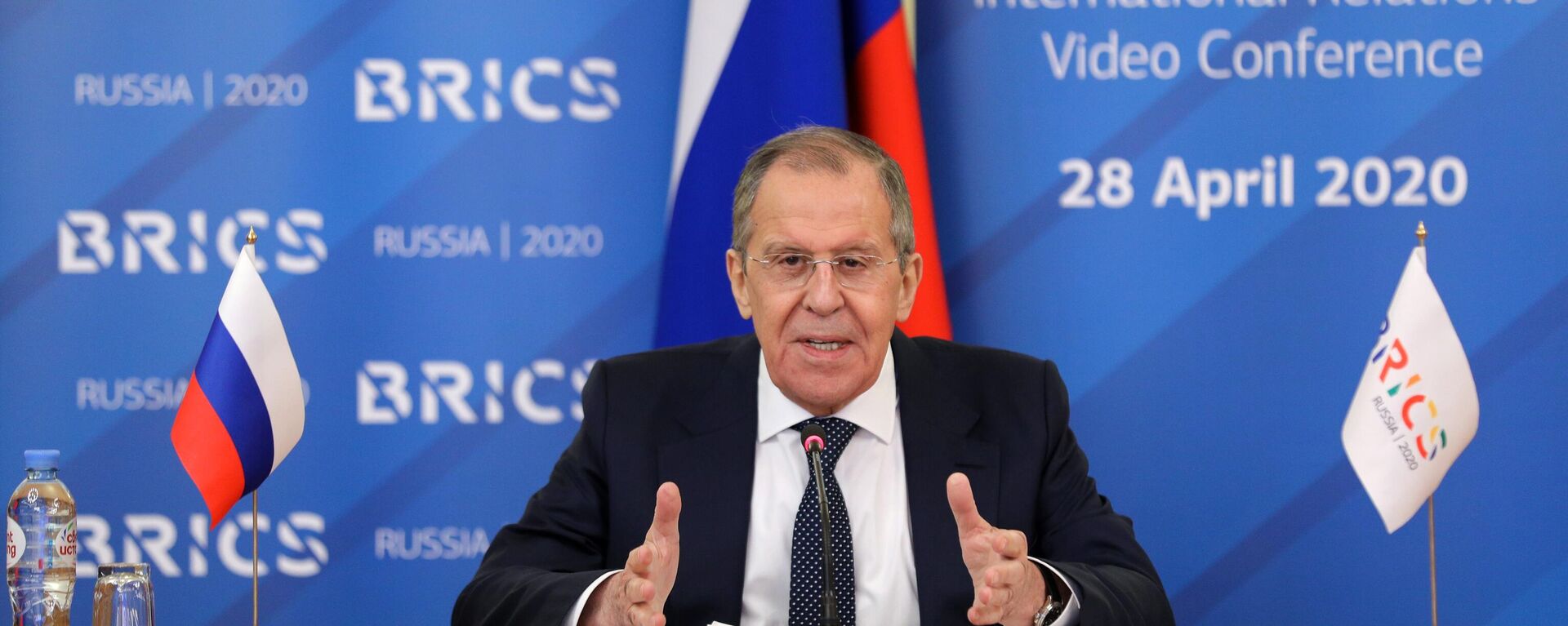
27 February 2023, 09:54 GMT
Volkhonsky places special emphasis on India’s role in the SCO, given that Delhi is simultaneously attempting to engage in dialogue and balance good ties with both Russia and the United States.
There are three factors accounting for the general calm observed in the SCO space today, according to the academic. "The first, of course, is the fact that India not only holds the presidency of the SCO, but also of the G20. Therefore, Delhi is trying to pursue a balanced policy and not to exacerbate anything. It’s slogan in the G20 is
'One Earth, One Family, One Future' – the idea that we share one destiny, that all of humanity is one. The idea is of a world without dividing lines, so it is clear that India, as the host of the SCO ministerial meetings, of the SCO summit and the G20 summit, will strive for a consensus on the broadest possible range of issues."
The second factor is related to the general elections set to take place in India in 2024, ahead of which Prime Minister Narendra Modi and his governing Bharatiya Janata Party hope to achieve some big successes, including in the foreign policy dimension.
Finally, Volkhonsky says, the third factor is a global one, and relates to changes in the world and the approaching end of the monopoly on power of the Global West and the rise of the Global South.
"Here, looking at the Global South – it includes India, China, Pakistan, Iran, the Arab countries, the nations of Africa, Latin America, all of this is the Global South, and if we consider their interests, we see that in many ways they align. Notwithstanding the difficulties in bilateral relations, the global interests of India and China align, and consist of the absolute rejection of anyone’s diktat, of a unipolar world order, and the desire to see new centers of power arise in the world."
Kupriyanov highlights the importance of the upcoming elections in Pakistan following last year’s ouster of Prime Minister Imran Khan from power. One key outstanding problem between the two countries within SCO format dialogue is terrorism – with neither side particularly eager to cooperate on this issue (with India accusing Pakistan of assisting militants in Kashmir, and Pakistan charging India with helping militants in Balochistan). Without the resolution of this key issue, "normal, full-fledged interaction" will remain impossible, the expert concluded.
For more of Dr. Kupriyanov's analysis on the SCO's potential in improving the security situation in Eurasia, check out our Telegram post here. 